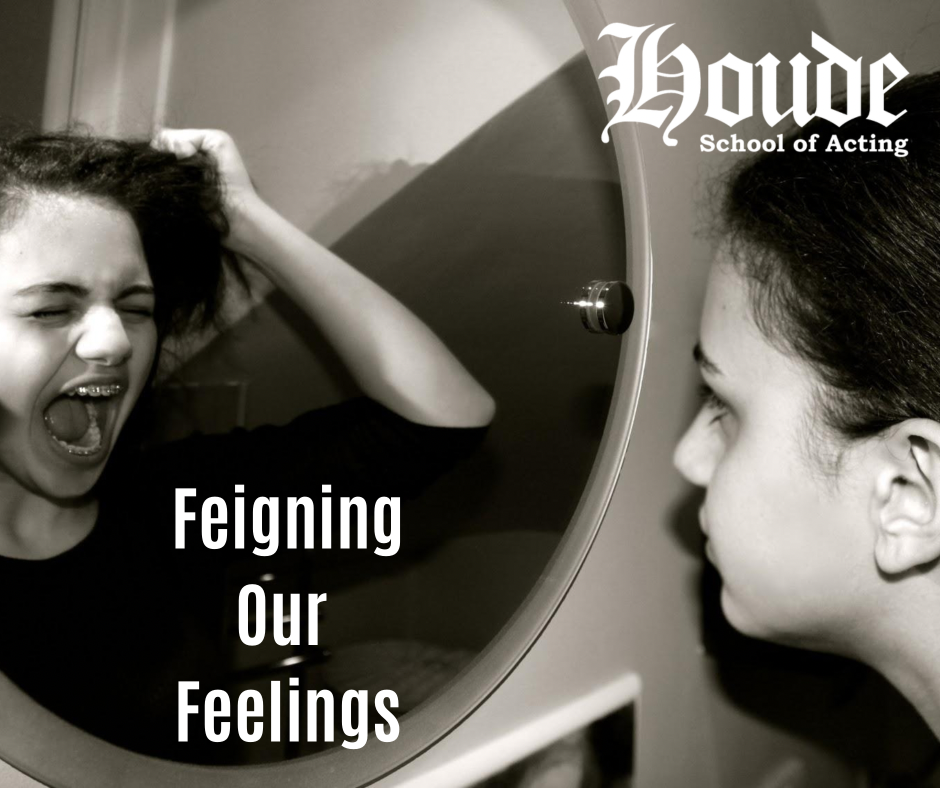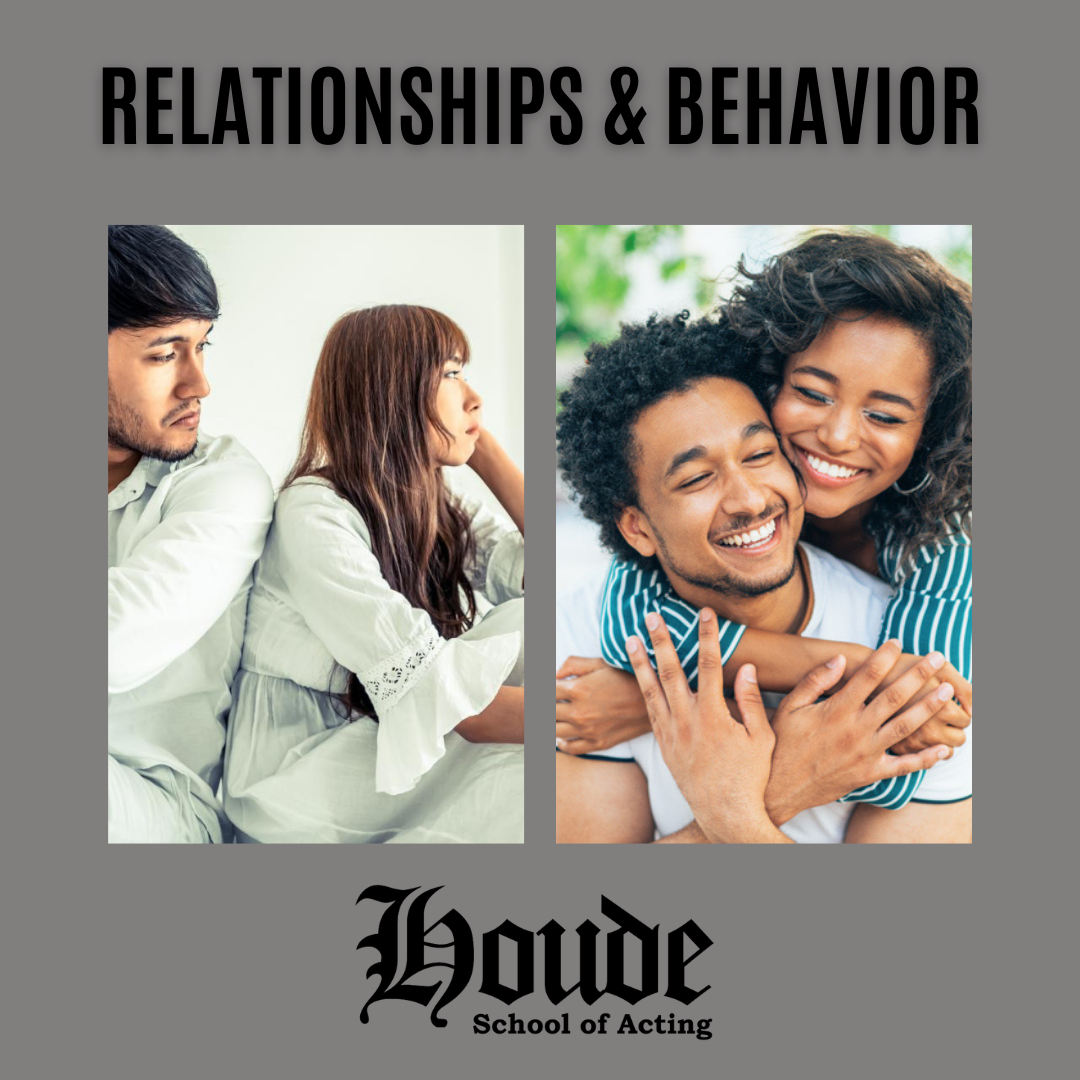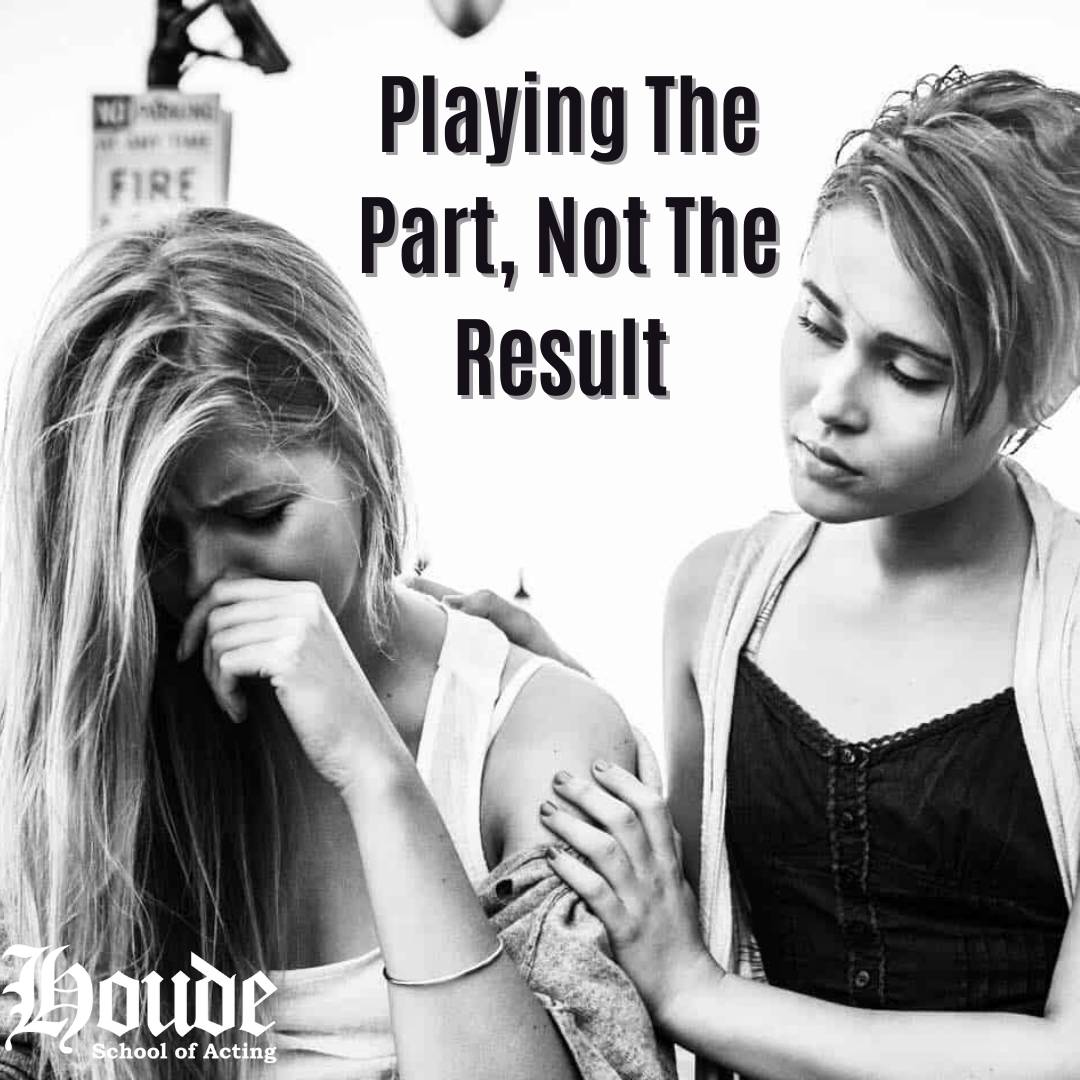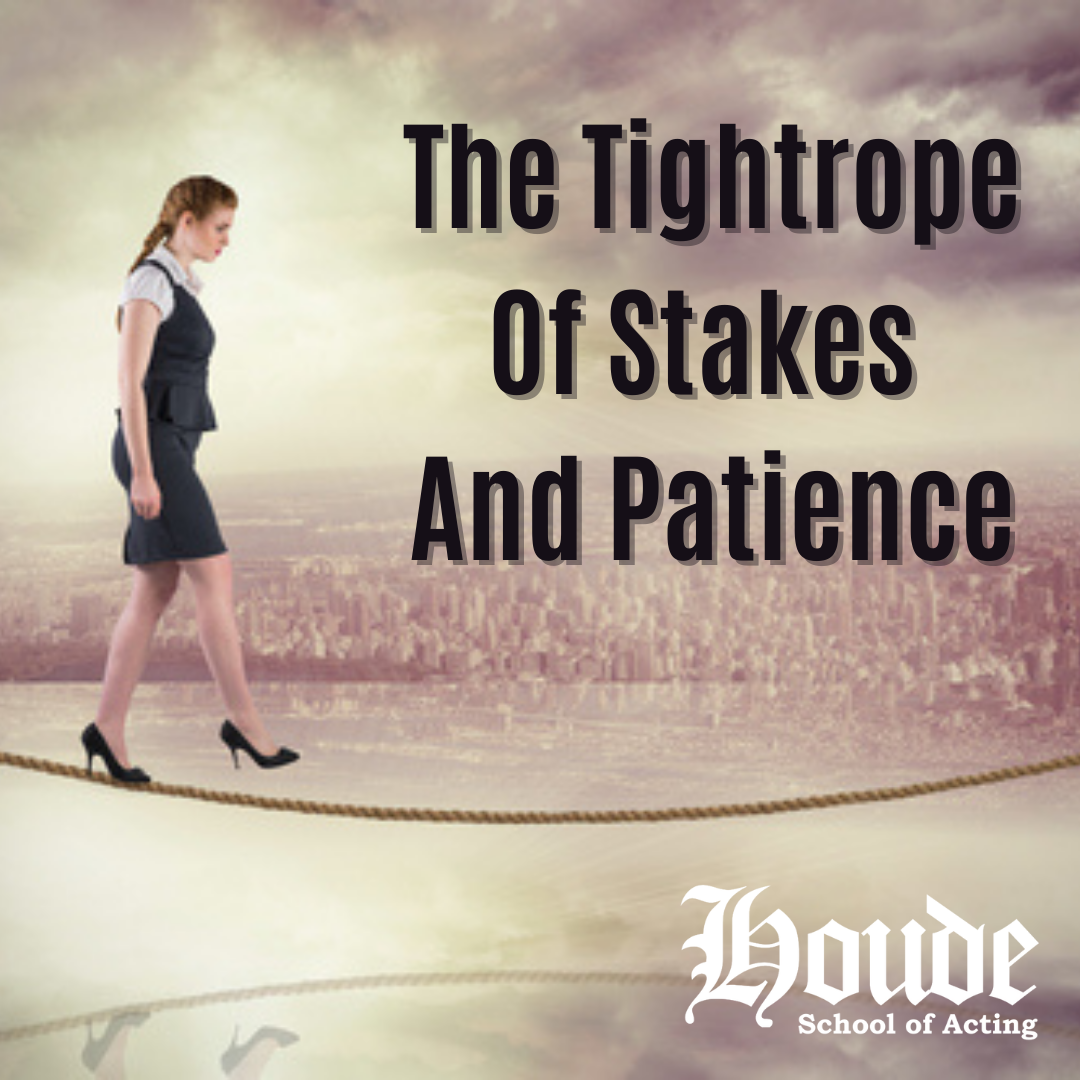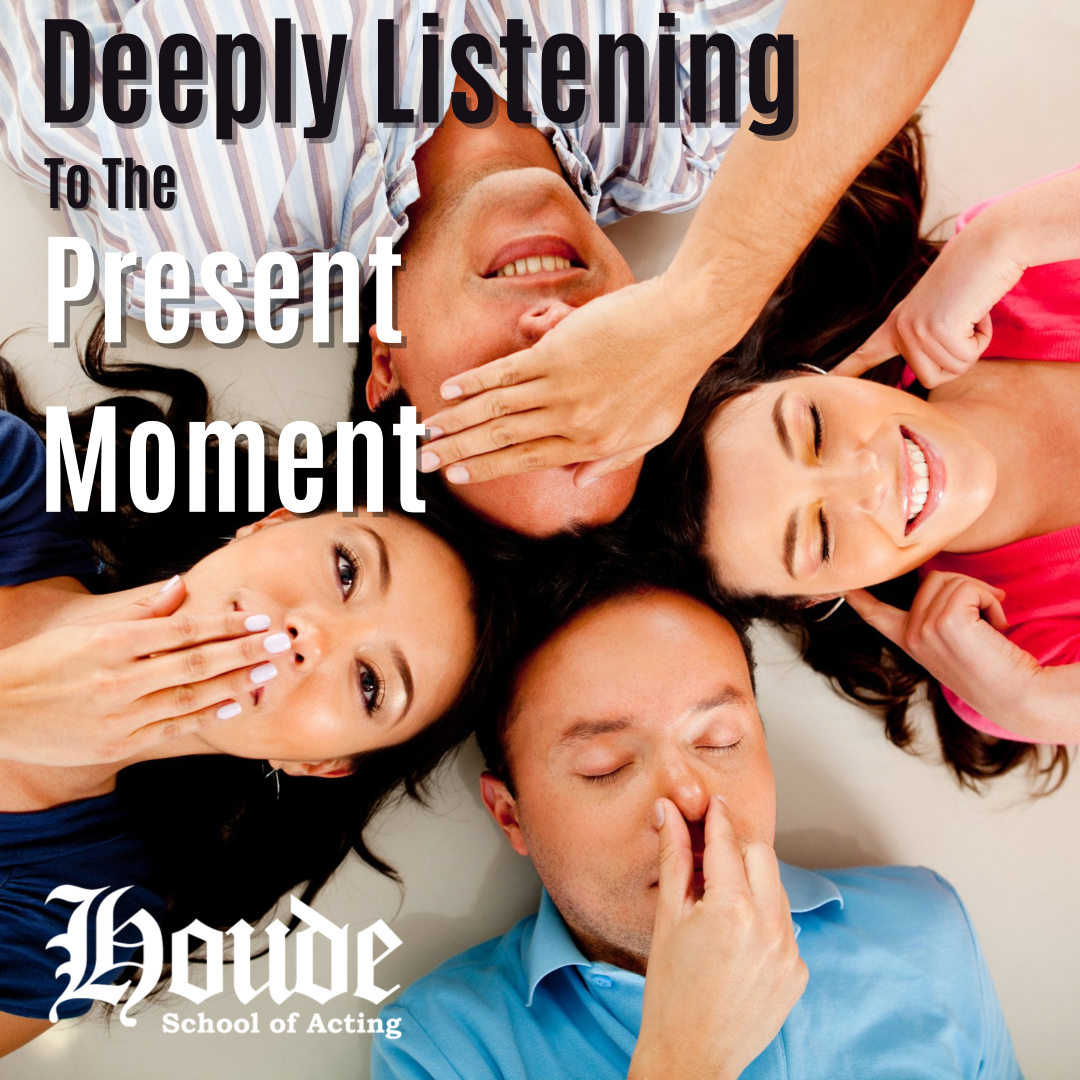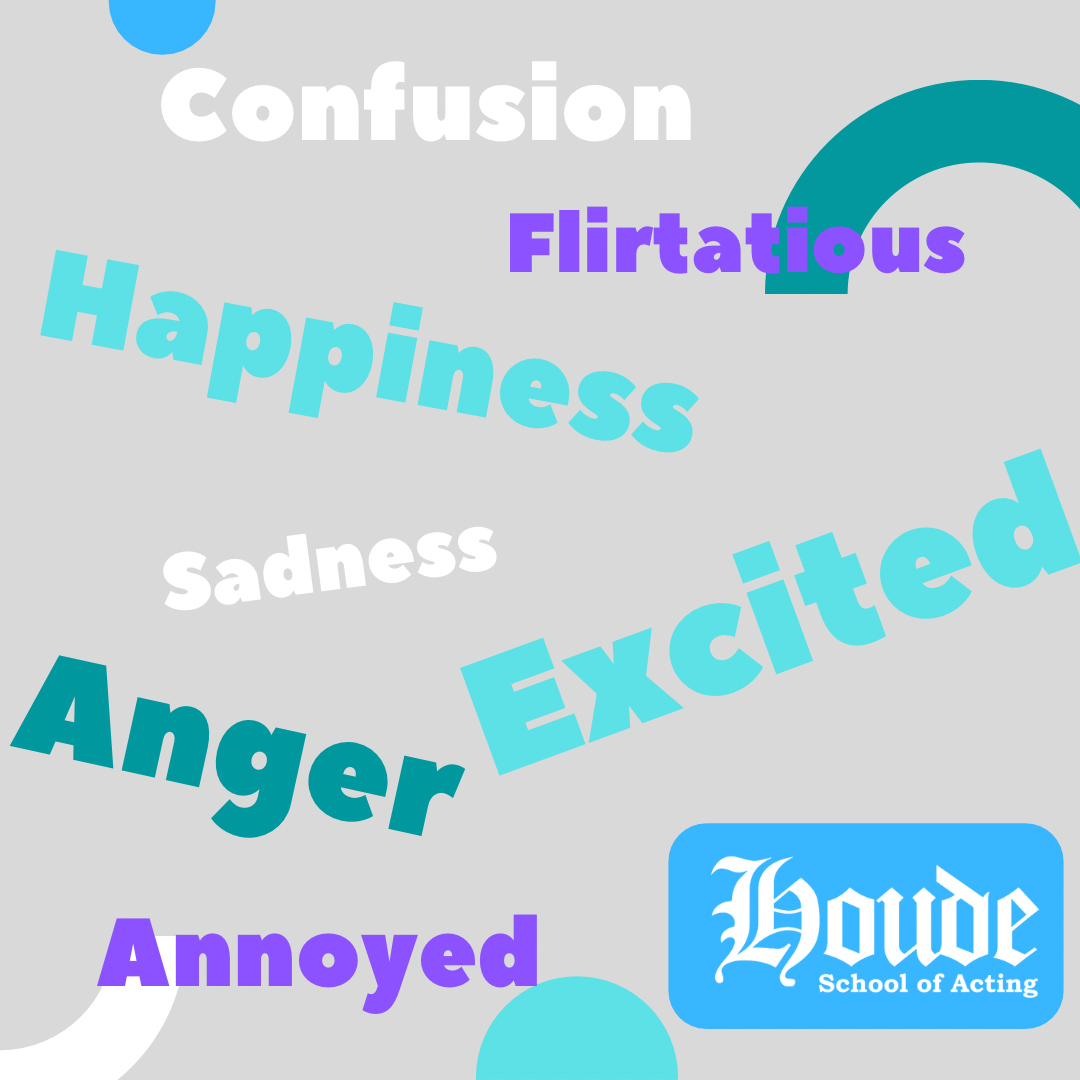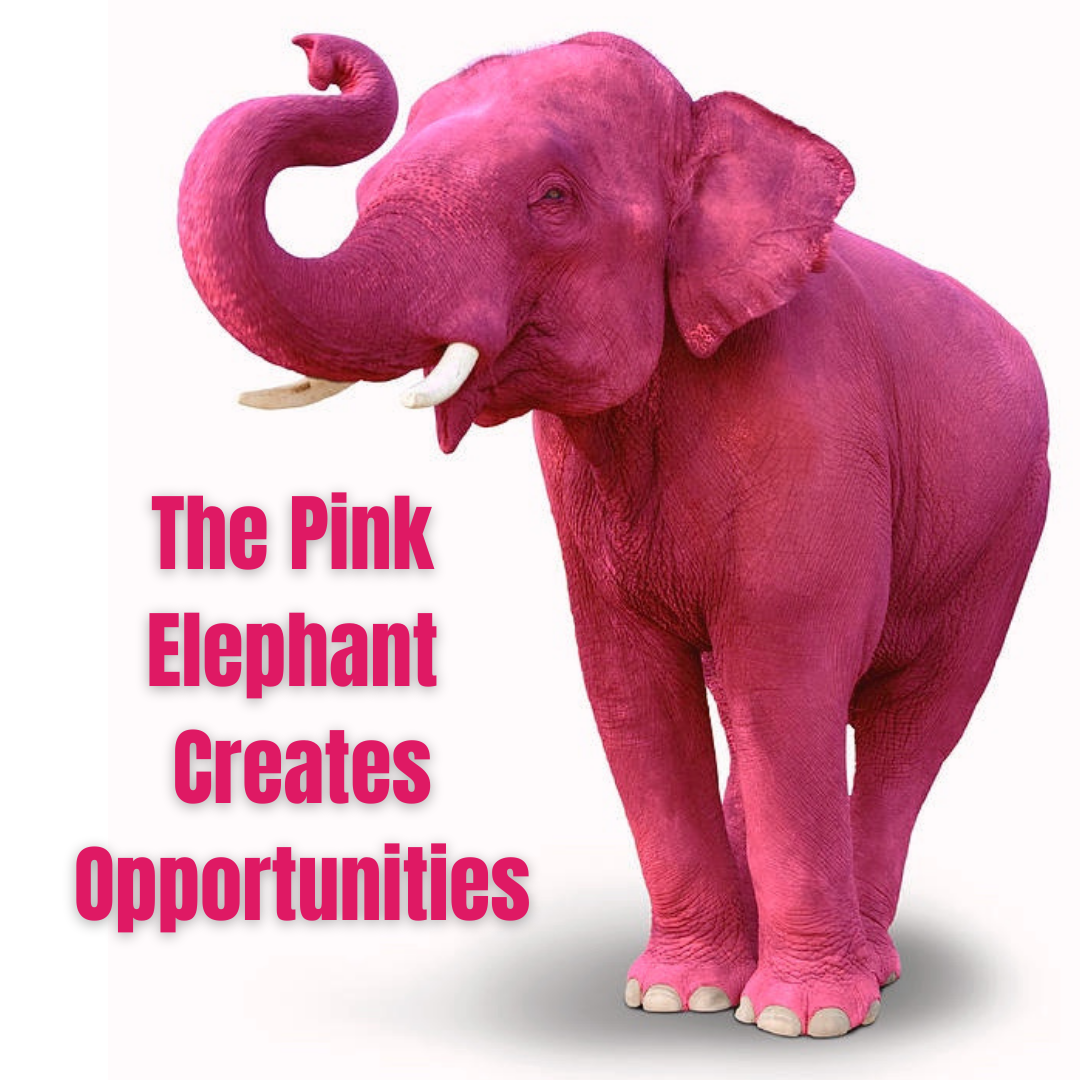Society has conditioned us to believe that to be accepted by others, we must 'act' in a certain way that is generally receptive for other's approval. It's easy to understand why this is such a common feature for most interactions. It's essentially hardwired into our system as a carnal survival system.
Read MoreThe preparation is there to help catapult us into a character’s world and thought process and to understand why they choose to behave in the way that they do. Yet, it is always only half of the bigger equation called for in a performance. The more important factors we must consider are having the flexibility to be moved in the present moment and fully accomplishing whatever the character is doing.
Read MoreWhen we are preparing for an audition or a role, we are often told we must be "detailed," "make choices," and "be specific." Yet, there's always some confusion over how exactly we should go about making these creative decisions. After all, these points set us apart from the crowd and make the difference in why we are better suited for a role over another person.
Read MoreIt is through our behavior with others that we are able to express our point of view of a particular relationship and establish the nature of what type of relationship it is. In fact, these dynamics between people are often so apparent that no dialogue is usually necessary for an outsider to guess the simplistic nature of what relationship it is that they are watching.
Read MoreFar too often, actors skip one of the big questions we should be asking ourselves for every audition we approach: "Where are we?" And it's easy to understand why. Some sides or scripts never list those elements. Sometimes it's listed in the Slug Line, but it's non-descriptive.
Read MoreIt is a well-known fact that when viewing audition tapes and monologues, casting and production can tell within the first few seconds of an audition if they are going to be excited about watching someone’s material. Now, to be fair, casting will always watch your audition in the hope that they may be wrong, but more likely than not, it’s the first few moments that instinctually set a precedent for what the rest of the piece has in store.
Read MoreIt may be argued that monologues are one of the most challenging forms of acting, and they are often still requested in auditions for this reason. It is a test of an actor's ability to work under pressure and make their own choices while also showing the creative team who they are as a person.
Read MoreWe as actors ultimately need to grasp why and how we instinctually feel certain emotions at specific points in our lives, while also understanding that not everyone expresses their feelings in the same manner. Our actions define a person's literal character: part of our homework is to understand what motivates us to operate in a certain way and then react to our imaginary circumstances.
Read MoreEvery actor is trying to walk a tightrope of balancing acts when in performance. Yet one of the hardest tasks to tackle is balancing having a sense of urgency while also knowing that taking our time or moving slowly may still be an active choice.
Read MoreSo how can we tell if we are deeply listening, present, and using everything to our advantage in our work? Stop. Take a moment. Look around your environment. Let go of the inner dialogue that may be judging this type of exercise and soak in as many details of your surroundings as possible. Look for the things that you haven't noticed before. Is there a stain on the carpet you may have never seen before?
Read MoreWhen we start breaking down scripts, one of the first things we usually ask ourselves is “Who is this person we are playing?”, but our own characters should not be the only “who” we should be concerning ourselves with. We usually have different social groups and cliques based on our occupations, our families, our hobbies, and even various aspects of our pasts—none of these connections are exactly the same, nor should they be.
Read MoreHave you ever heard the phrase “Mind Over Matter”? What our minds determine to be true of our reality psychologically can, in fact, alter how our bodies react chemically in the short-term and in the long-run. In short, our outlook on the world is so closely tied to our bodies’ well-being that we can alter how it responds over time.
Read MoreOne of the pinnacles of the Meisner technique is the ability to train our ability to respond instinctively and impulsively in our acting as we would in everyday life. Meisner has been quoted as to say, “It is my belief that talent comes from instinct”, and the repetition teaches us to respond and build on this ‘talent’.
Read MoreMost people who see the first stage of the Meisner technique without any explanation of what is going on have the first impression of "What am I watching? Why are they saying the same thing over and over again? I thought I was supposed to be learning acting? Is this all that Meisner is?"
Read MoreHave you ever seen a live performance where something has gone wrong? For example, an actor needs to carry a prop across the stage, and then they drop it in front of everyone.
For a moment, any focus and attention from the audience and the performers is palpable. Even if the audience has not been paying attention at all until this point, this one moment is usually so honest and authentic that everyone is now fully listening to see how the actors will respond.
Read MoreWe all know as actors how vital training is for building our resumes. We want to show various acting training techniques and skills, especially if we're new and just starting out. It shows that even though not many jobs are listed, we can perform confidently and professionally when we arrive to work for a project.
Read MoreHowever, in monologues, we now must also tackle the additional challenges of working off an imagined partner, creating and working in an invisible environment that’s confined, and on top of all of that, direct ourselves too! It’s the equivalent of putting on a full one-person-show in the span of one or two minutes. This balancing act is a skill that we must practice.
Read More
